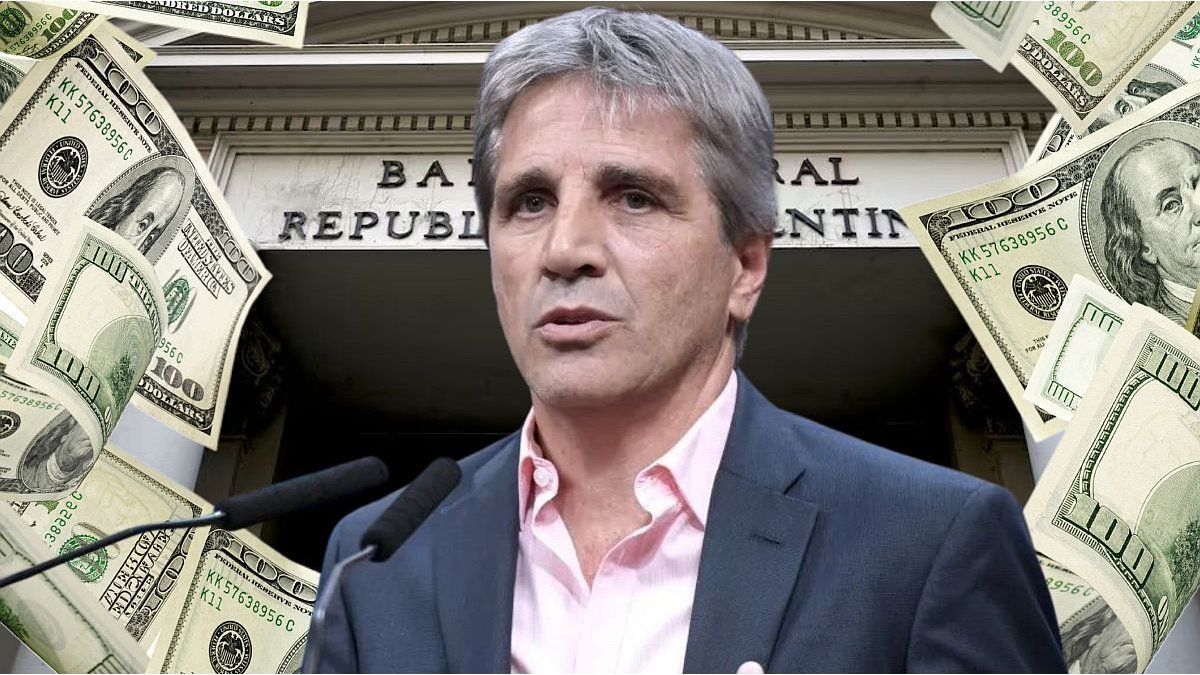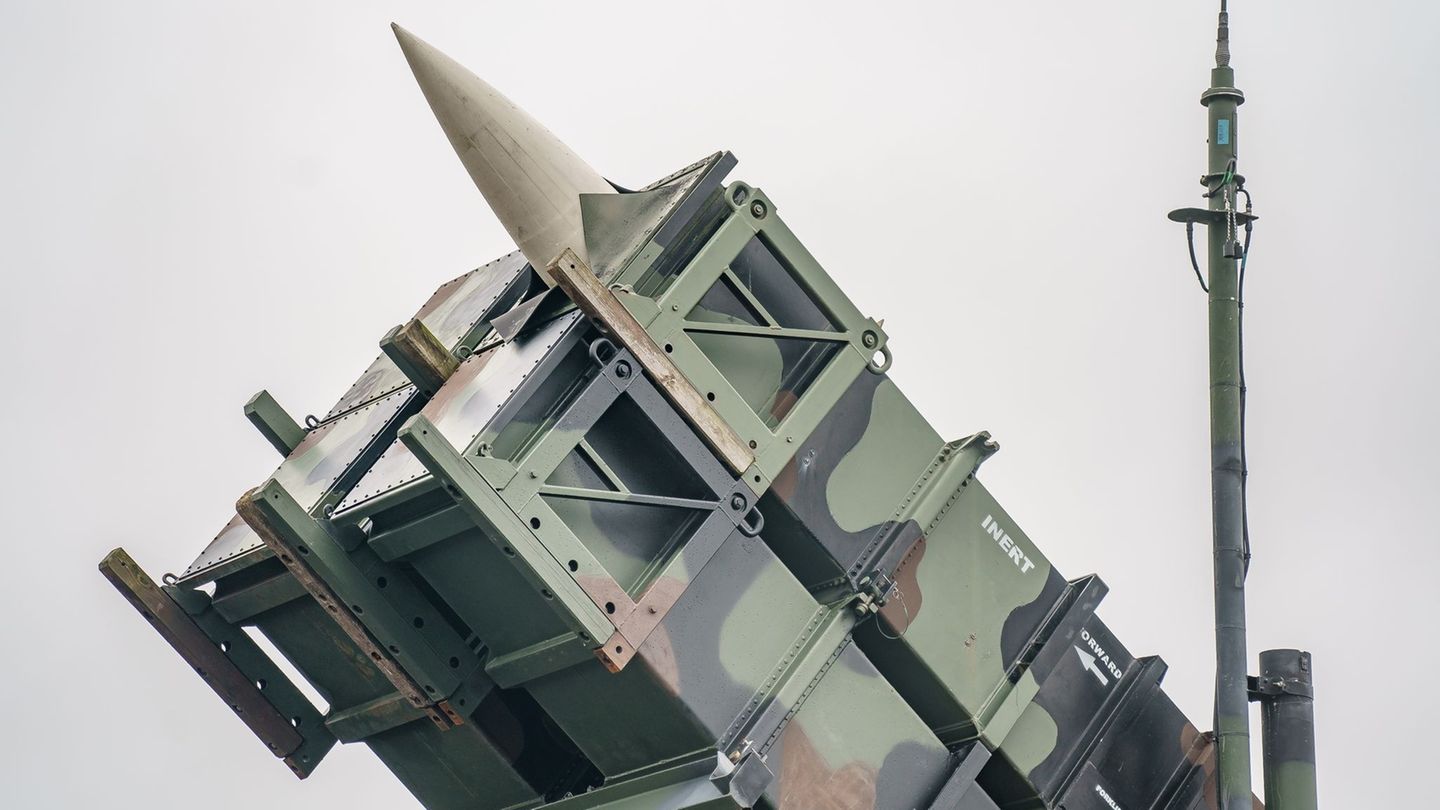Struggle for final projects
What else is going on with laws before the new election?
Copy the current link
The government is broken and an early federal election is in sight. Do some laws still have a chance before then? And for which projects is time of the essence?
After the end of the traffic light coalition, the course will be set for an early election on February 23, 2025 – and for legislative plans that are to be sealed before then. The opposition Union made it clear that the red-green minority government could count on support for some projects. Most of them can only be decided in parliament after the vote of confidence from Chancellor Olaf Scholz (SPD) on December 16th, explained CDU leader Friedrich Merz – i.e. in the last week of the Bundestag session before Christmas. SPD parliamentary group leader Rolf Mützenich said that he could “very well imagine” an agreement with the Union on certain content before December 16th.
The Union promised to support some time-critical projects beforehand. Parliamentary group manager Thorsten Frei (CDU) called for the supplementary budget for 2024 to be transferred back to the budget committee. There could also be a law passed that would, among other things, cover the monitoring of telecommunications in the event of theft during home break-ins. The law is currently only limited until December 11th.
The Greens, among others, are pushing for clarity for the Deutschlandticket in local transport. The federal government, like the states, is also giving 1.5 billion euros for this in the new year. This is enshrined in law and will also come as part of an expected provisional budget management from January, because there is still no decision on a 2025 budget. However, a change in the law is still pending in order to be able to carry over unused funds to subsequent years. It is also still unclear whether and how the ticket will be financed from 2026 onwards.
The effect of inflation on income tax is to be offset – a project that was pushed forward by the now dismissed Finance Minister Christian Lindner (FDP). “So that all employees have more net of their gross from January 1st,” said Scholz, explaining why he is sticking to the plans to compensate for the cold progression. This is what it is called when citizens have to pay more to the tax authorities due to the increasing tax rate, even if their salary increase only compensates for inflation. The FDP signaled that it would agree to a balance of the cold progression. The Union also expressed an open mind, but this could also be regulated retroactively for 2024.
Citizens will most likely have to wait until a new government looks at the concepts and finances and perhaps considers what should be reformed and how. Labor Minister Hubertus Heil (SPD) had announced that he wanted to fight for pension package II, which he brought through the cabinet with Lindner. The SPD wanted to secure the salaries of future pensioners with several billion that would have to be pumped into the pension fund in the future. The FDP wanted to invest state money on the stock market in order to slightly suppress future contribution increases that were priced in with interest rates. The Union thinks little of these constructions and has already outlined its own pension plans.
Protection of the Federal Constitutional Court
There are also plans to arm the Federal Constitutional Court against possible blockades or influence by extremists. In the summer, the then traffic light coalition agreed with the Union on a joint project, as this requires a two-thirds majority in the Bundestag. Among other things, the twelve-year term of office for judges, the exclusion of re-election and the definition of 16 judges and two senates are to be stipulated. The FDP also advocated for the package to be passed during this electoral period, as parliamentary managing director Stephan Thomae said.
In July, the federal government announced a growth initiative to stimulate the economy. Improvements in the depreciation of investments, the reduction of bureaucracy and more incentives for work are planned. The controversial supply chain law is intended to provide relief for companies. Here too, the FDP signaled approval – but probably only in part. CSU regional group leader Alexander Dobrindt called for a quick “comeback plan for the economy” to consolidate trust in the location.
It is questionable what will become of aid for the industry. The next summit with Scholz is scheduled to take place this Friday. After the first meeting with representatives of industry, companies and unions, Scholz then announced a “pact for industry” – specifically, he mentioned capping network fees for companies. But that could cost billions. In order to boost sales of electric cars, a longer exemption from vehicle tax is being discussed.
SPD parliamentary group leader Mützenich made it clear that “improvements for families and employees” as well as the planned increase in child benefit should be initiated – “and many other things too”.
The use of laughing gas as a party drug, especially among young people, could be banned before the new election. Health Minister Karl Lauterbach wants to present a draft to the cabinet on Wednesday, which the SPD and the Greens could add to another upcoming law. “The protection of our children and young people must be the concern of all responsible parties in the Bundestag,” said the SPD politician to the dpa.
dpa
Source: Stern
I have been working in the news industry for over 6 years, first as a reporter and now as an editor. I have covered politics extensively, and my work has appeared in major newspapers and online news outlets around the world. In addition to my writing, I also contribute regularly to 24 Hours World.




